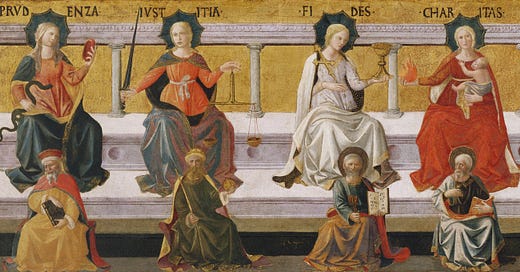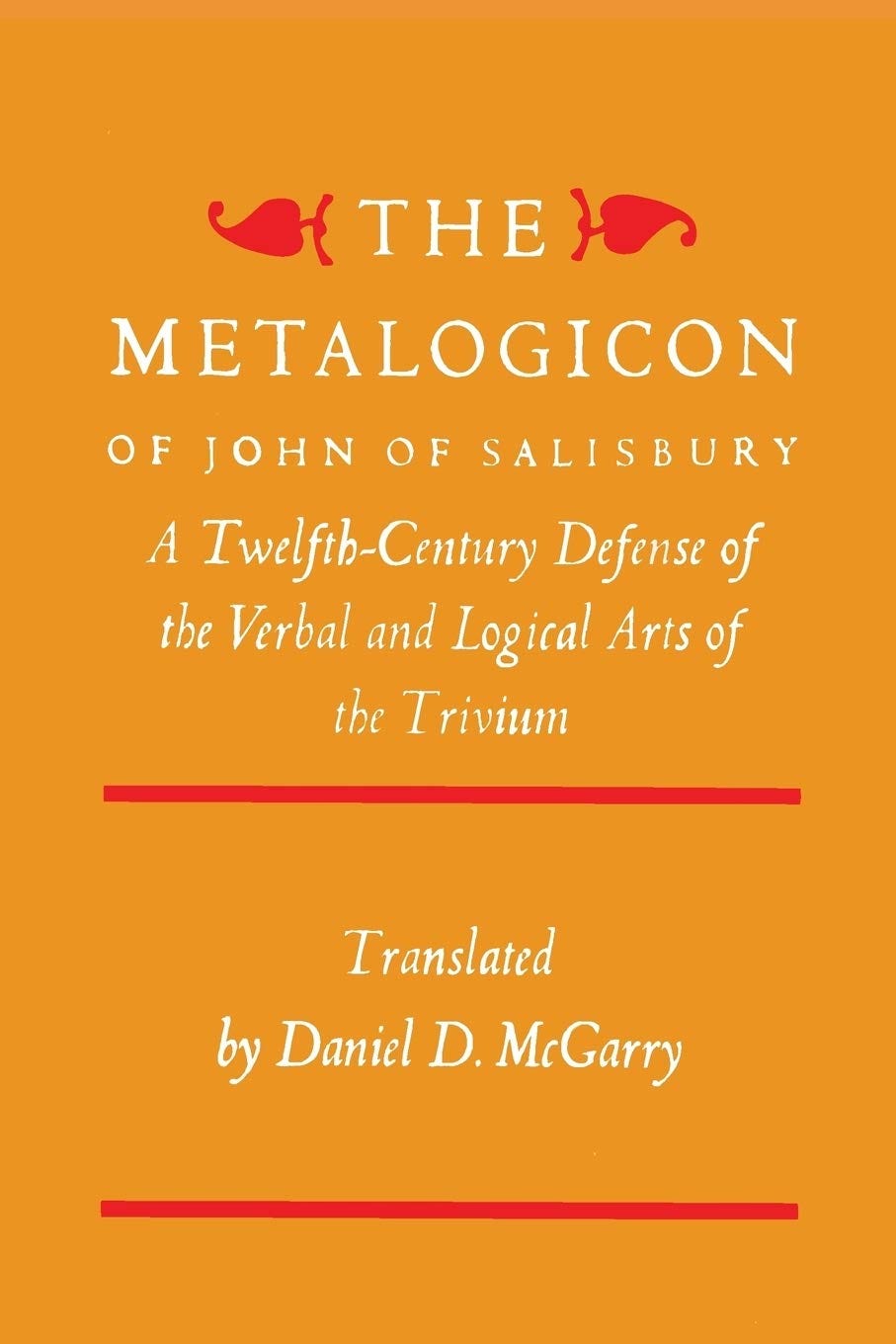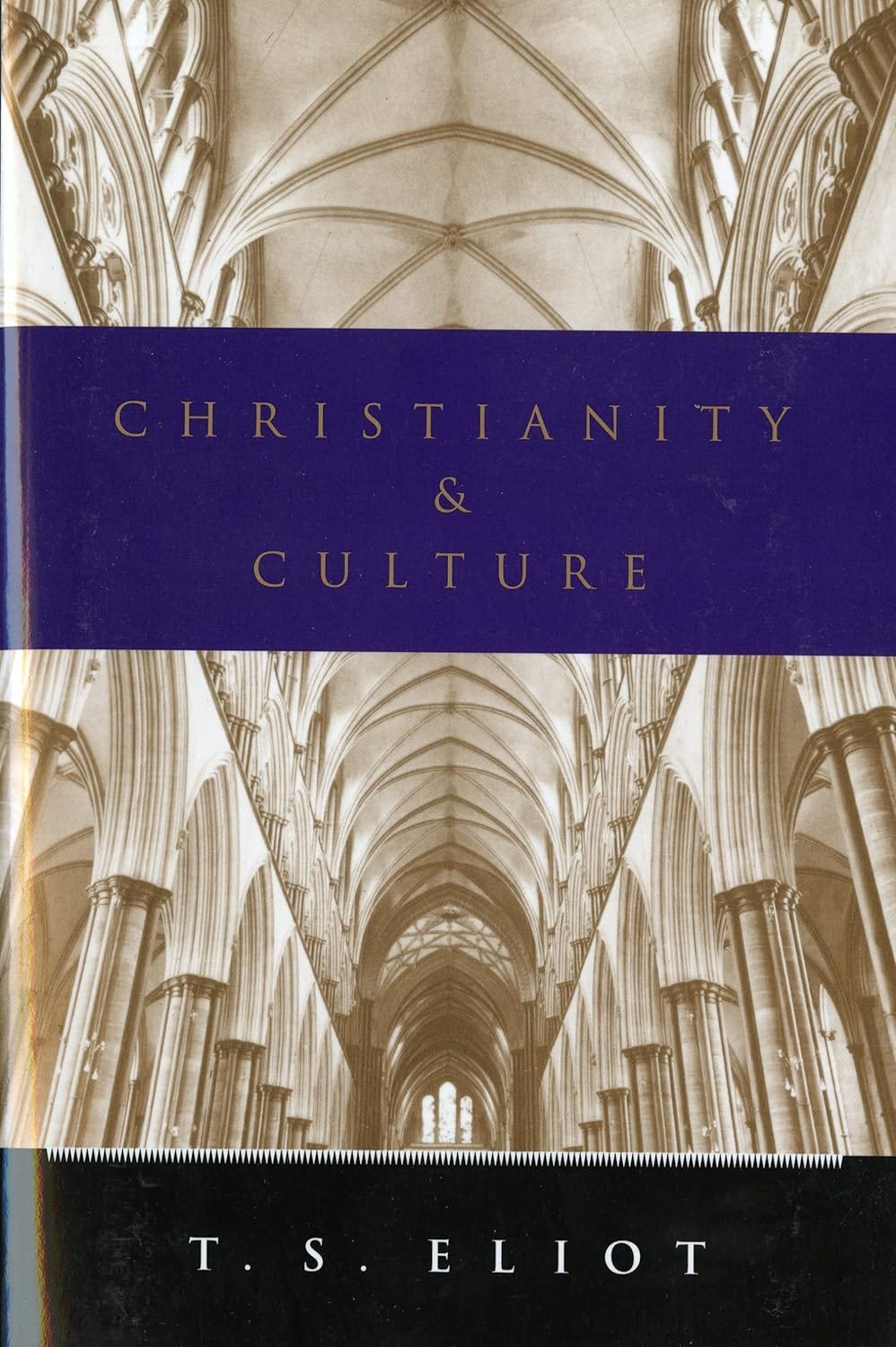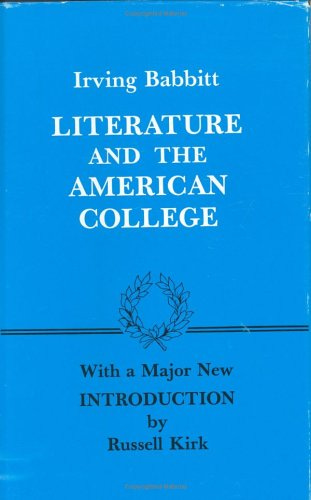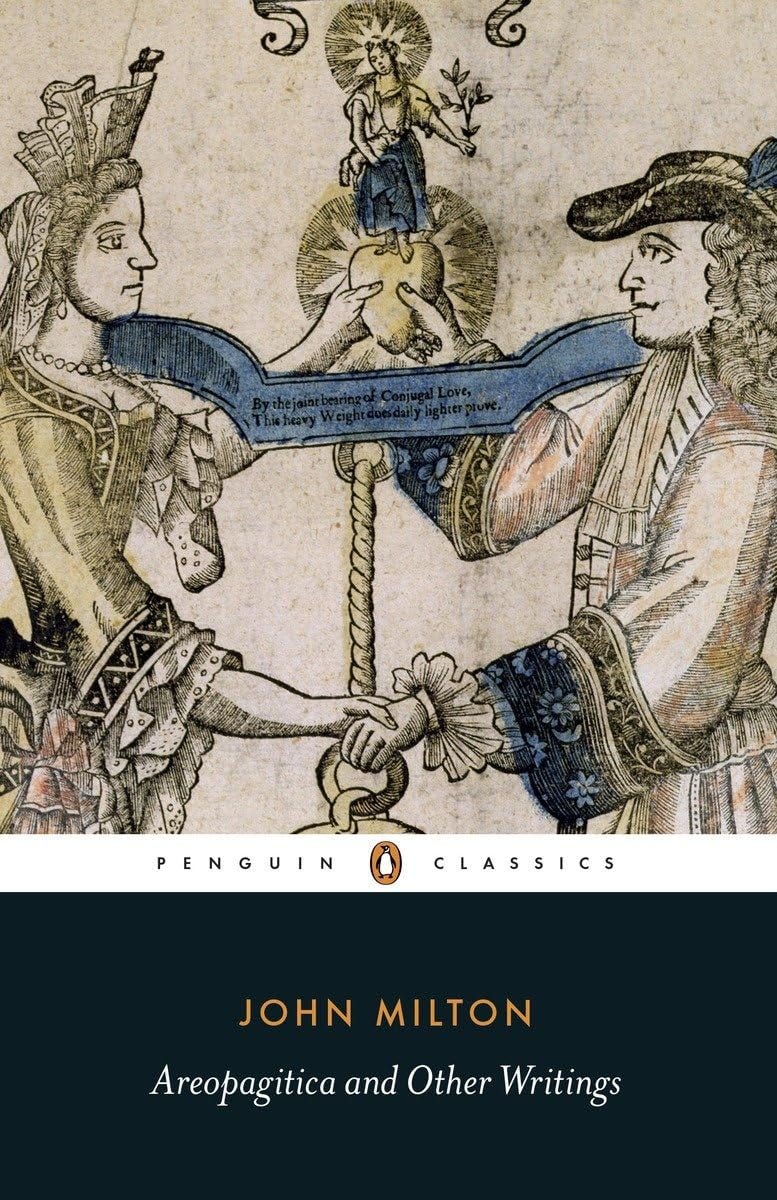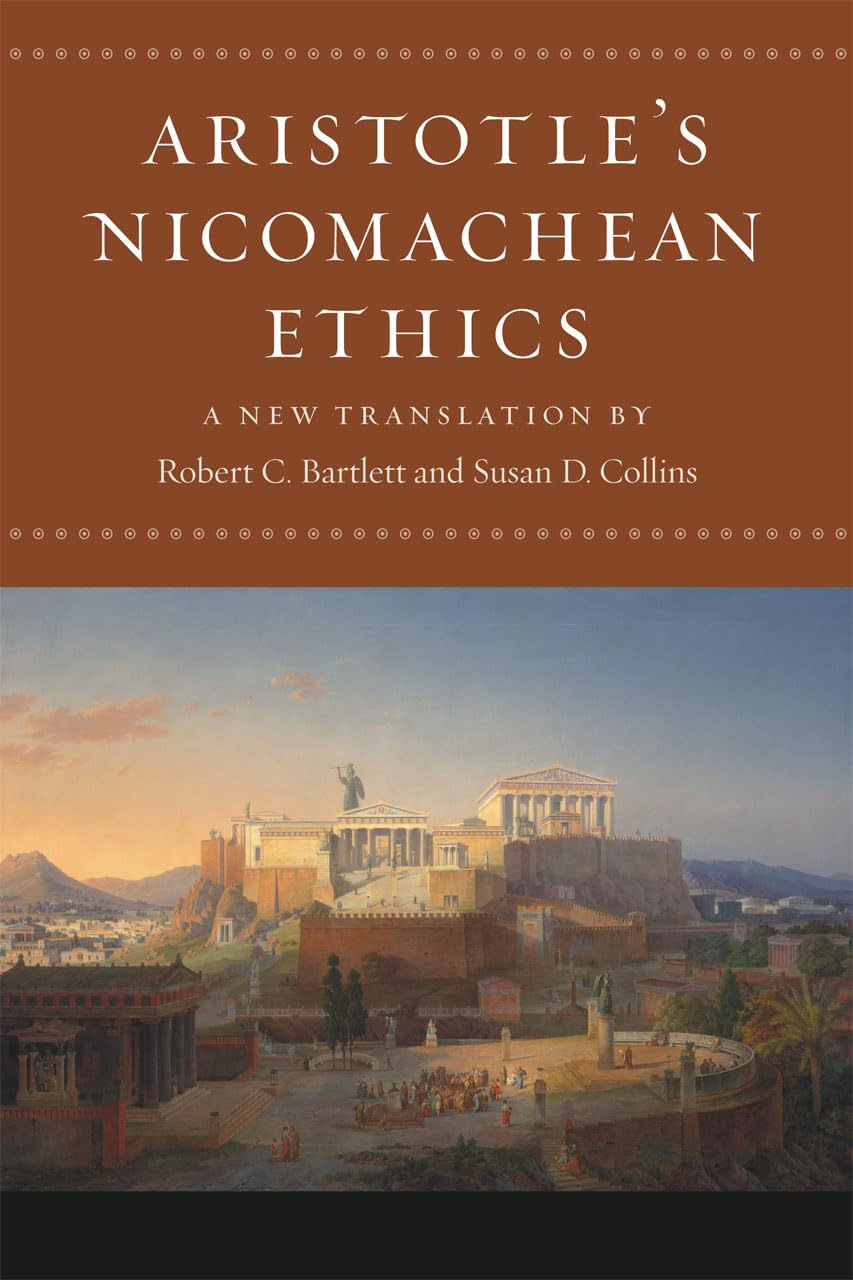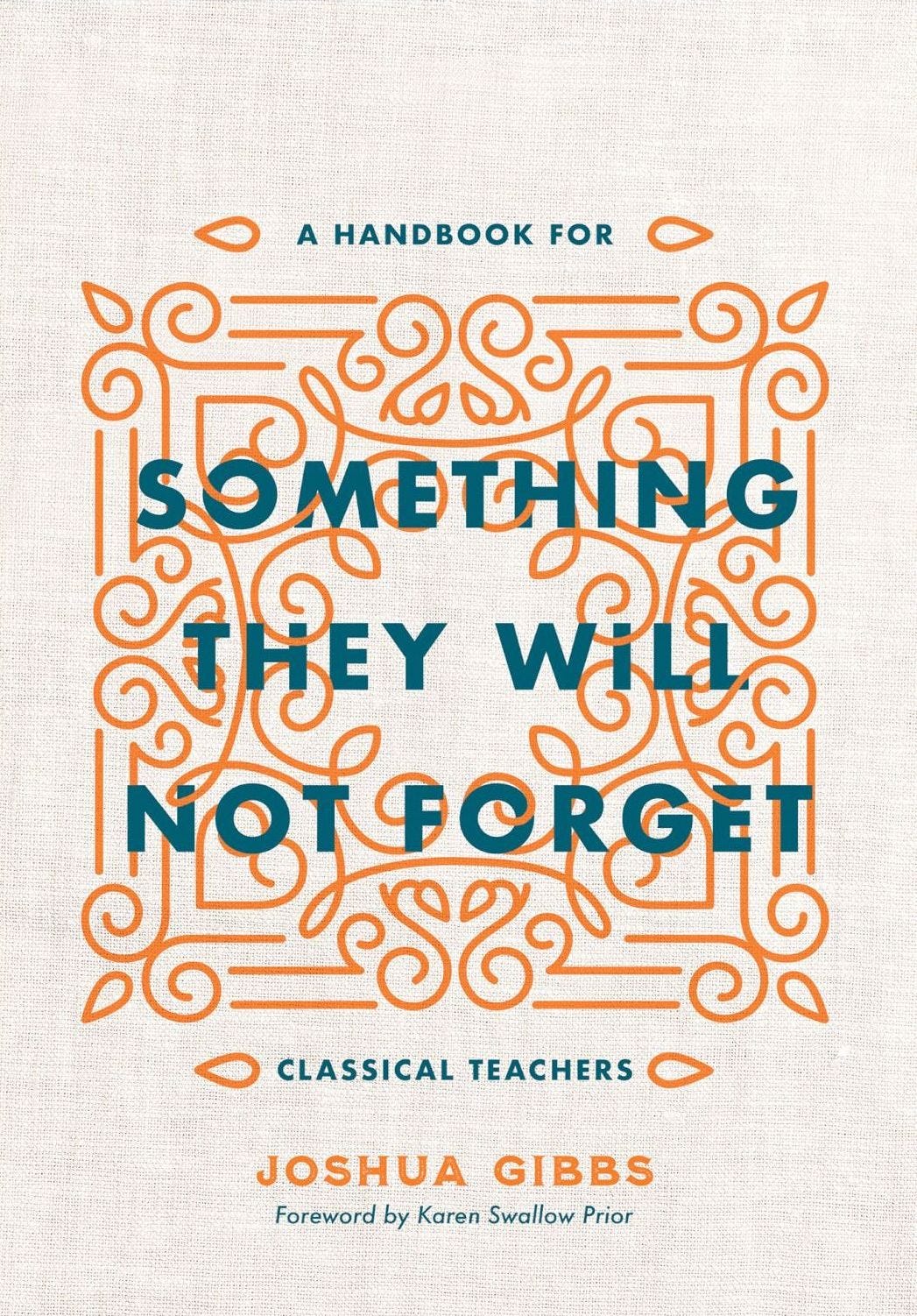In my last post, I offered the first half of this list, which I assert ought to be essential reading for any man or woman interested in Classical Christian Education, but particularly teachers, administrators, and board members.
10 Books On Classical Education, Pt. 1
Every Classical Christian School has a reading list. It might be public; it might be private. But it exists. Its purpose might be nebulous, but it is most likely used to help develop teachers for certification and sometimes offered to parents who want to know more. There are some pretty standard books in this category, but there are some which are less …
The books on this second half of the list would all be described as challenging reads, more so than the first half. But I think every person who reads the Bible could read these books and be edified. Will they get everything the first time through? No. But who would want to read a book like that? These are books that will continue to yield rewards every time you revisit it, either in part or in whole.
The division of the list is not meant to be prescriptive, as though you should start at one and move through to ten. These could be read in any order and be found enriching. And not all these authors agree on every point, which I see as a strength. When the foundations of an education can find commonality over and against differences of time, place, and opinion, then those strike me as sure foundations indeed.
The Metalogicon, St. John of Salisbury
This is one of the most accessible defenses of Classical Christian Education from when this pedagogical approach was first solidifying into something more readily definable. St. John deals with the distinct aspects of Classical Education as they had been to fall into consistent categories, focusing on the Trivium. His explanation of how such an education is good for the Church remains a compelling argument some nine hundred years later.
Notes Towards a Definition of Culture, T. S. Eliot
Eliot is primarily known for his poetry, but his prose is worth pouring over as well. I first read Notes Towards a Definition of Culture because I had to teach it to high school students. Watershed moments like this don’t come often, but when they do the effects reverberate for some time. Eliot is not directly addressing Classical Christian Education but is he addressing the same ends as CCE. His thoughts on what it means to be human, to be a Christian, and to have a culture, should prompt every teacher and parent to think through the telos of everything, from their classroom to their home.
Literature & the American College, Irving Babbitt
Babbitt is the first pagan on my list (using the term in the sense of a non-believer). His early sense of what was going wrong with American education depended upon his view of the transcendentals and how human society needed something more than ourselves. First published in 1908 (the same year as G. K. Chesterton’s Orthodoxy), the title sounds narrow and not very classical. But Babbitt saw the coming demise of American education long before there was a Classical Education Renewal. And his points support the very goals that Classical Christian Schools need to ponder. If you can find the printing with Kirk’s introduction, consider yourself twice blessed.
On Education, John Milton
It is not an understatement when I say that John Milton’s writings helped to keep me within the bounds of orthodoxy when I was young. God was gracious to me as I read Paradise Lost and The Aeropagitica, at just the moment when the unorthodox way looked most appealing. His On Education was also the first serious defense of Christian Education I read voluntarily (technically, the first book on education I ever read was Abolition of Man, but I didn’t know that at the time). This treatise is short and contains a lot of practical advice that could not be implemented today. But his grasp of what education is for and how it should be structured remains some of the best insights of the Modern era.
The Nicomachean Ethics, Aristotle
If you can only read one of Aristotle’s works in your lifetime, this is the one. Aristotle packs so much into this work (and its sequel, The Politics) that I think it might be impossible to exhaust it. Aristotle’s approach to the virtues creates a satisfying comparison with Christian ethics, but also allows for the serious recognition of how Christianity supersedes Aristotelian thought in many ways. Articulating some of the most important questions for humanity in ways that work well with the Christian faith, Aristotle’s Nicomachean Ethics is a must-read for those interested in bringing the Classical and Christian closer together.
Honorable Mention
Something They Will Not Forget, Joshua Gibbs
Even though this is a 21st century book, I include it here because it is an essential book, and I didn’t want to cut any of the previous ten. Gibbs offers mostly pedagogical thoughts here, but even parents and administrators would benefit from this one. He provides a strong case that the way we think about education, memory, and purpose get a lot wrong. Gibbs is a voice that every individual involved with Classical Christian Education should pay heed.
Many will note that there are no works of poetry or story on this list. That is by design, because next month, I plan to offer a list of ten imaginative works that everyone interested in Classical Christian Education should read. Stay tuned.


